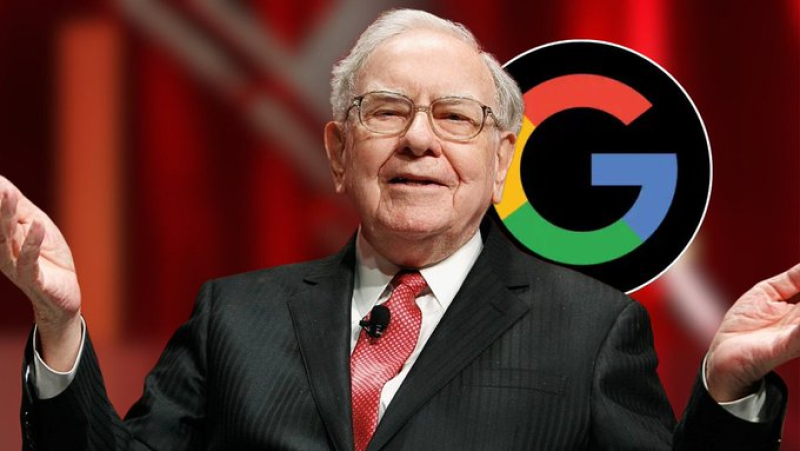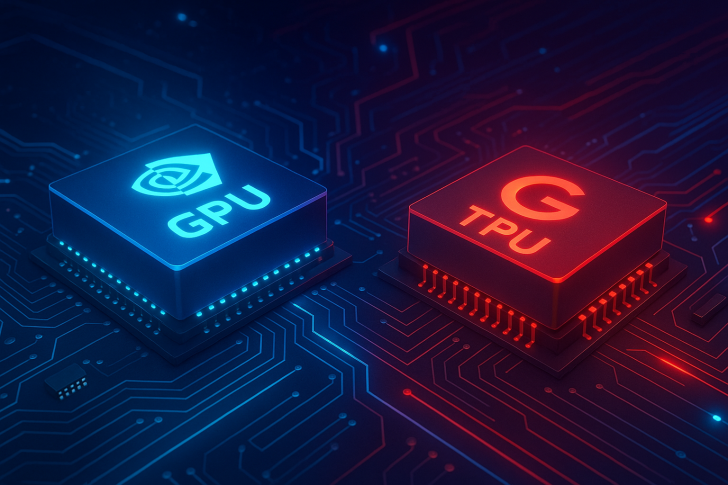⬤ Berkshire's $5.1B Alphabet Play Signals Confidence in Google's AI Strategy
Berkshire Hathaway just revealed they've taken a massive $5.1 billion position in Alphabet, and it's one of the biggest moves everyone's talking about this year. The timing's pretty interesting—this came out just weeks after Google dropped Ironwood, their new TPU that handles the same AI training jobs Nvidia hardware does, but for way less money. Right after that filing went public, Google also launched its Gemini 3 model and made it clear the whole thing was trained without touching a single Nvidia chip.

⬤ Training Costs Drop from $4B to $750M with Google's TPU Systems
Here's where it gets wild: most AI companies are dropping somewhere between $3 to $4 billion to train cutting-edge models using Nvidia GPUs. Google's Ironwood-based systems? They're reportedly cutting that cost down to around $600 to $750 million. That's a massive gap that could seriously shake up how the whole industry thinks about compute spending. Word is that Anthropic just signed contracts for a million Google TPUs, and other big labs are apparently kicking the tires on similar deals. Looks like we might be watching the early stages of companies ditching GPU-based training for Google's internal compute setup.
Most AI companies spend an estimated 3 to 4 billion dollars to train frontier models using NVDA GPUs, while Google's Ironwood-based systems reportedly reduce that cost to roughly 600 to 750 million dollars.
⬤ Google's Vertical Integration Could Reshape $2 Trillion AI Chip Market
Nvidia built a multi-trillion-dollar empire by being the go-to supplier for AI chips, but Google's now controlling both the models and the hardware that runs them. Plus, Alphabet's trading at a lower price-to-earnings ratio than Nvidia while still running massive platforms like search, Android, and YouTube. When you look at it that way, Buffett jumping into Alphabet might be him betting that Google's end-to-end AI and compute strategy is about to pick up serious steam across the industry.
⬤ Hardware Economics May Force Industry-Wide Infrastructure Rethink
If TPU-based systems keep showing this kind of cost advantage, it's going to mess with hardware pricing, how companies spend on cloud services, and basically the whole AI development cycle. If these efficiency gaps stick around, the competitive landscape in AI could flip pretty fast, forcing everyone to rethink their infrastructure game plans. As companies weigh long-term costs against performance, hardware economics might end up being the thing that reshapes expectations across the entire tech sector.
 Usman Salis
Usman Salis

 Usman Salis
Usman Salis


